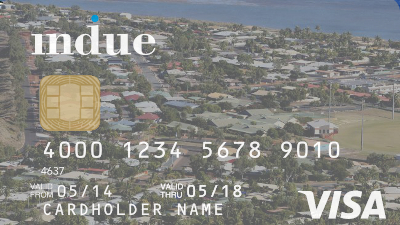Cashless card on death row
 Plans to abolish the cashless debit card are sailing ahead.
Plans to abolish the cashless debit card are sailing ahead.
The cashless debit card (CDC) is part of an income management system that quarantines up to 80 per cent of welfare payments, so they cannot be withdrawn as cash or used to pay for alcohol or gambling.
The card has been controversial since its inception, with a recent audit finding the Morrison government could not show whether the scheme was working despite operating trials across the country for more than five years.
The cards are provided and administered by Indue Ltd, a private financial company that has also been subject to scrutiny.
The company has received millions of dollars in government contracts to help administer the scheme, but the ANAO found “documentation supporting the monitoring of Indue service delivery risk could be more regularly reviewed”.
The company has also been criticised over alleged links to the Liberal Party.
A bill to repeal the scheme passed the House of Representatives this week, and will be considered by the Senate in September.
But the Coalition says it still “strongly supports” the program, with Opposition Leader Peter Dutton telling parliament last week that research had “showed that the cashless debit card led to a 21 per cent decrease in gambling and 45 per cent of people believed it had improved their lives”.
However, that is not exactly what the research he referenced actually said.
The January 2021 report Mr Dutton referenced was commissioned by the former Coalition government. As part of the study, researchers surveyed CDC participants across the program's first three trial sites.
The report found just 15 per cent said the card had made life “better”, 17 per cent reported no difference, and 56 per cent of those surveyed said the program had made life “worse”.
More than 17,000 existing participants will be moved off the card from September, if and when the legislation is passed.
There is some concern about people using buy now, pay later services connected to their CDC.
Social Services Minister Amanda Rishworth says this complication means transitioning people off the card could take some time.
“A number of deductions that participants have connected to their card means that you can't just close the card overnight,” she said.
“What you need to do is work with individual participants, if needed, to actually work out their final arrangements to ensure that when the card ends that they're not caught up in any unusual financial arrangements that leads to them incurring fees or debts.”







 Print
Print